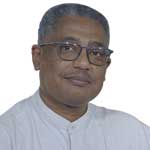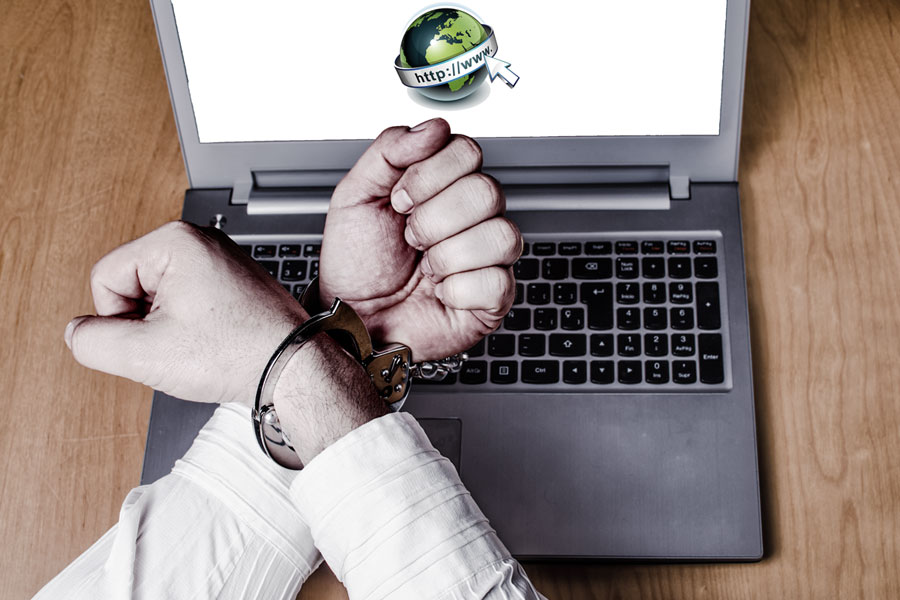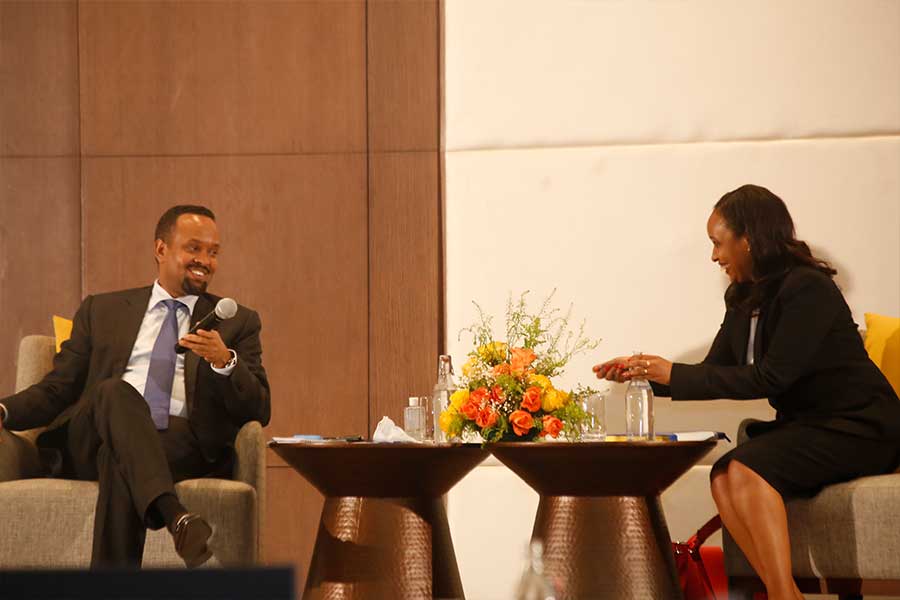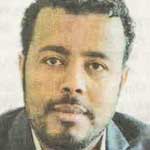
Sunday with Eden | Oct 23,2021
Aug 3 , 2019
By Tibebu Bekele
The past week has been dominated by the story of Ethiopia’s effort to break a tree planting world record in twelve hours. All the airwaves and the social media space was filled with stories, jokes and surprisingly heated exchanges about it. I do not want to add to that in this column. Enough has been said already.
But following the discussions on social media, I was struck by one missing element, which is actually an essential ingredient for any democracy: goodwill. Goodwill is a friendly positive attitude toward people that wishes good things to happen to them. It is giving others the benefit of the doubt. It is the opposite of having ill will towards others, hoping for their failure.
There is a big-sounding word with German roots that is not easy to pronounce, schadenfreude, which means deriving joy from the misfortune of others. It is when one sees someone else fall in the street and cannot stop laughing instead of feeling their pain, trying to help them back up or feeling embarrassed for them. Even though all human beings probably have a mild form of this, psychologists say the stronger form could indicate that one may be a covert narcissist, which is a treatment-requiring mental condition. But I digress.
Nation-building, especially democratic nation-building, is premised on the belief that all citizens should have a say, either directly or through their representatives, in the way the country is run.
This calls for citizen participation in national projects, elections being the major, but not the only, one. In order for that to happen, there is a need to communicate with a large number of people to debate the pros and cons of a project. These could be economic or environmental projects. There are many different projects, but the common denominator is that there is a need to communicate with a large number of people. And that requires a certain level of trust and goodwill.
If a population is suspicious of everyone and everything, it is tough to accomplish anything, let alone big, consequential national projects. Teamwork, whether in sport or business or on the battlefield, requires a certain level of trust and goodwill. Without it, significant accomplishments are only a pipe dream.
This is not a call for gullibility. This does not mean one has to accept everything with unquestioning obedience. It is perfectly alright to question authority. In fact, it is the essence of democracy. It might even be okay to be cynical. To look for proof and data to be convinced about something. That is the right of a free citizen.
Dissenting opinions, logically explained and civilly expressed, are the cornerstones of any democracy worth its name. That dialogue of an active citizen is the lifeblood of democracy. Questioning team members sharpen projects and are the best safeguards against failure. They are built-in monitoring and evaluation mechanisms. That is all good, even necessary.
However, when it is stretched beyond its limits, it is harmful. It is one thing to be cynical. Quite another to be a naysayer. The difference is that the cynic is willing to be convinced with evidence. There is no convincing the naysayer. Many of the challenges Ethiopia faces are very complex, almost intractable problems.Therefore, it is understandable when the debate on these subjects kicks up strong passions and yelling matches.
But planting trees must be the most benign of all the problems in this country. That is probably the only big project most people can work together on at such short notice and at such a large scale. They did and good for them. But in the discussions related to it, I was surprised to find a good deal of people rubbing their hands with glee, anticipating a moment of schadenfreude. I guess there is no lack of covert narcissists.
PUBLISHED ON
Aug 03,2019 [ VOL
20 , NO
1005]


Sunday with Eden | Oct 23,2021

Viewpoints | May 23,2021

Commentaries | Jun 01,2019

View From Arada | Apr 22,2022

Sunday with Eden | Oct 26,2019

Advertorials | Apr 10,2023

Radar | Oct 03,2020

My Opinion | Feb 11,2023

Verbatim | Nov 16,2019

Films Review | May 18,2019

Photo Gallery | 178176 Views | May 06,2019

Photo Gallery | 168386 Views | Apr 26,2019

Photo Gallery | 159158 Views | Oct 06,2021

My Opinion | 137053 Views | Aug 14,2021
Commentaries | Oct 25,2025

Dec 22 , 2024 . By TIZITA SHEWAFERAW
Charged with transforming colossal state-owned enterprises into modern and competitiv...

Aug 18 , 2024 . By AKSAH ITALO
Although predictable Yonas Zerihun's job in the ride-hailing service is not immune to...

Jul 28 , 2024 . By TIZITA SHEWAFERAW
Unhabitual, perhaps too many, Samuel Gebreyohannes, 38, used to occasionally enjoy a couple of beers at breakfast. However, he recently swit...

Jul 13 , 2024 . By AKSAH ITALO
Investors who rely on tractors, trucks, and field vehicles for commuting, transporting commodities, and f...

Oct 25 , 2025
The regulatory machinery is on overdrive. In only two years, no fewer than 35 new pro...

Oct 18 , 2025
The political establishment, notably the ruling party and its top brass, has become p...

Oct 11 , 2025
Ladislas Farago, a roving Associated Press (AP) correspondent, arrived in Ethiopia in...

Oct 4 , 2025
Eyob Tekalegn (PhD) had been in the Governor's chair for only weeks when, on Septembe...

Oct 25 , 2025 . By YITBAREK GETACHEW
Officials of the Addis Abeba's Education Bureau have embarked on an ambitious experim...

Oct 26 , 2025 . By YITBAREK GETACHEW
The federal government is making a landmark shift in its investment incentive regime...

Oct 29 , 2025 . By NAHOM AYELE
The National Bank of Ethiopia (NBE) is preparing to issue a directive that will funda...

Oct 26 , 2025 . By SURAFEL MULUGETA
A community of booksellers shadowing the Ethiopian National Theatre has been jolted b...